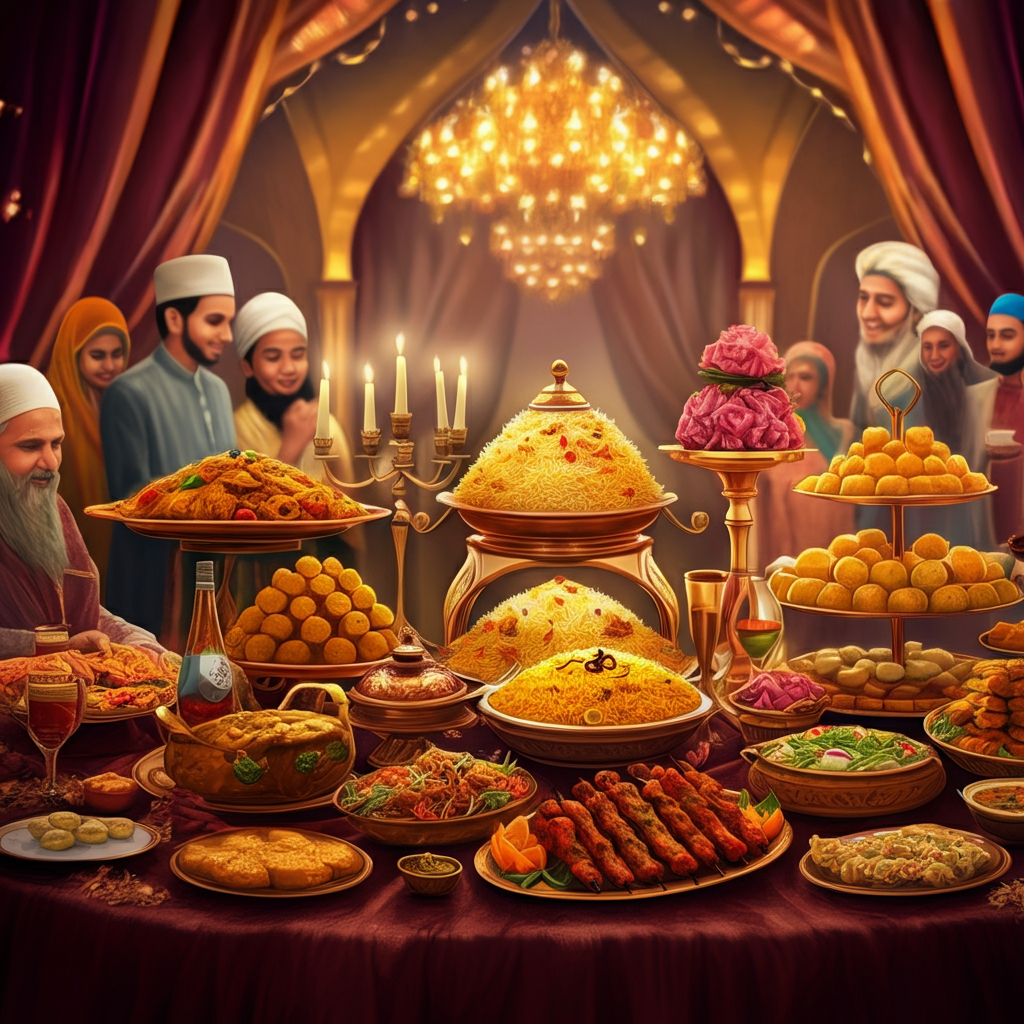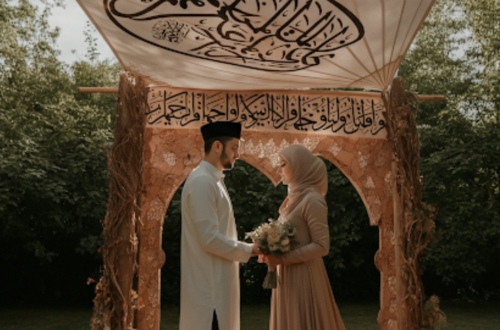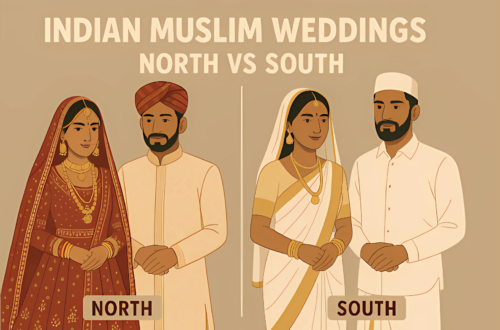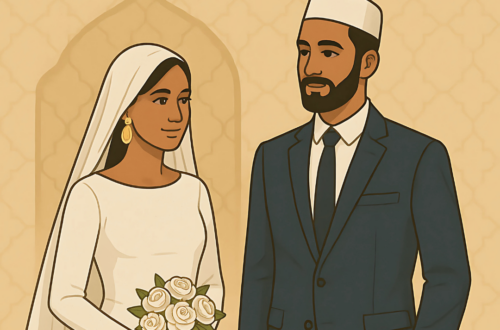A Culinary Journey
Muslim wedding food traditions are a beautiful blend of culture, spirituality, and celebration. Weddings are a time of joy and unity, and in Muslim cultures, food takes center stage as a symbol of togetherness and gratitude. From elaborate feasts rooted in heritage to evolving modern menus, food forms the heart of these momentous occasions. This blog will explore the richness of Muslim wedding food traditions, highlighting classic dishes, regional variations, modern trends, and the symbolic meaning food holds in these celebrations.
Whether you’re planning a wedding, looking to incorporate authentic traditions, or are a food enthusiast curious about cultural feasts, this guide offers a detailed glimpse into the culinary joys of Muslim weddings.
Traditional Dishes in Muslim Wedding Food Traditions
Food plays an essential role in Muslim weddings, from pre-wedding festivities to the grand reception. Certain dishes have become synonymous with these celebrations, blending festive flavors with cultural significance.
Join India’s leading Muslim Matrimonial platform, salaamsoulmate.com, and connect with your perfect match today!
1. Biryani
It’s impossible to discuss Muslim wedding food traditions without biryani stealing the spotlight. This aromatic rice dish, intricately spiced and often cooked with tender pieces of meat or vegetables, is a wedding staple. Versions like Hyderabadi biryani, Mughlai biryani, and even vegetarian biryani bring variety to the table, catering to every taste. Its fragrant, richly flavored profile makes it a highlight of the walima (wedding reception).
2. Nihari and Korma
Nihari, a slow-cooked, spiced meat stew, and korma, a creamy and flavorful meat curry, are must-haves for meat lovers at Muslim weddings. Served with naan or paratha, these dishes elevate the luxury of the dining experience and are celebrated for their bold, indulgent flavors.
3. Sheer Khurma and Other Desserts
Desserts are integral to Muslim wedding food traditions. Sheer khurma, a luscious vermicelli milk pudding infused with saffron, cardamom, and nuts, is a universal favorite. Other crowd-pleasers include gulab jamun, kulfi, and baklava, all offering a sweet conclusion to the meal.
4. Sharbat and Refreshing Drinks
Sharbats are another signature element of Muslim weddings. Whether it’s rose-infused sharbat, tangy lemonade blends, or seasonal fruit-based drinks, these beverages add a refreshing touch to the celebration while welcoming guests with hospitality.
Regional Influences in Muslim Wedding
Muslim wedding menus beautifully reflect regional diversity, offering a unique culinary identity depending on the location.
- Middle Eastern Cuisine
Middle Eastern Muslim weddings often feature dishes like lamb kabsa, mezze platters, and a variety of grilled kebabs. For desserts, dates, mahalabia, and baklava are common treats that hold a special place in these celebrations.
- South Asian Delights
South Asian Muslim weddings, especially in India, Pakistan, and Bangladesh, are famous for their lavish spreads. Alongside biryani and nihari, specialties such as haleem, seekh kebabs, and ras malai dominate the menu. The impressive use of spices and herbs creates rich and bold flavors that define South Asian cuisine.
- Southeast Asian Flavors
Muslim weddings in Malaysia and Indonesia bring forth unique dishes like rendang, nasi minyak, and satay. These flavorful offerings are often paired with colorful kueh desserts, adding a vibrant touch to the celebrations.
- African Specialties
Muslim couples across Africa celebrate with distinctive foods like Moroccan tagine and couscous or Nigerian favorites such as jollof rice and suya. Each dish reflects the local culture while honoring Muslim traditions.
Symbolism in Muslim Wedding Food Traditions
Muslim wedding food traditions are not merely about taste; they carry deep symbolic meanings tied to faith and culture.
- Unity and Abundance
Sharing a meal during a wedding banquet signifies unity, abundance, and gratitude to Allah. It reflects the communal spirit of togetherness among family, friends, and the larger community.
- Sweet Beginnings
Desserts represent the sweetness of a couple’s new life together. For example, sheer khurma’s luxurious ingredients embody a wish for a prosperous and fulfilling marriage.
- Hospitality and Gratitude
Elaborate feasts are an expression of gratitude to guests for their presence. Serving large, flavorful meals reflects the importance Islam places on hospitality and sharing blessings generously.
Modern Trends in Muslim Wedding Catering
While traditional dishes remain central, modern Muslim weddings are adopting creative trends to enhance dining experiences.
- Fusion Menus
Fusion foods are making their way into wedding catering. Dishes like biryani risotto, kebab sliders, and sheer khurma mousse blend traditional flavors with innovative techniques, offering something fresh and exciting.
- Dietary Customization
With dietary preferences evolving, caterers are including vegan, gluten-free, and other health-conscious options on wedding menus. This inclusivity ensures everyone can enjoy the spread.
- Live Cooking Stations
Interactive cooking stations are becoming a popular feature, allowing guests to enjoy freshly prepared kebabs, shawarma, or naan. These stations add a dose of novelty and entertainment to the celebrations.
- Eco-Friendly Catering
Eco-conscious couples are prioritizing sustainable practices by using biodegradable packaging, reducing food waste, and sourcing ingredients locally for their wedding menus.
- Food-Themed Wedding Favors
Foodie-inspired wedding favors like mini jars of honey, custom spice blends, or gourmet chocolates are gaining popularity. These edible gifts provide a heartfelt token of appreciation for the guests.
Celebrate Muslim Wedding Food Traditions with Flavor and Meaning
Muslim wedding food traditions remain at the heart of these joyous ceremonies, connecting guests with the couple’s culture and values. From the fragrant aroma of biryani to the symbolic sweetness of desserts like sheer khurma, every dish tells a story of love, unity, and gratitude.
Planning a Muslim wedding? Take time to curate a menu that reflects heritage, regional flavors, and personal tastes. Whether you stick to tradition or add a modern twist, every bite will contribute to the celebration’s success and meaning.
By honoring Muslim wedding food traditions while incorporating innovative trends, you can craft a culinary experience that leaves a lasting impression on everyone involved.







One comment on “Muslim Wedding Food Traditions and its Roles”